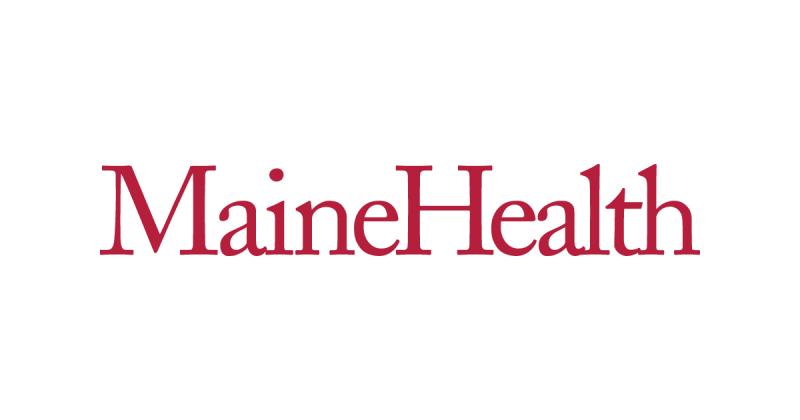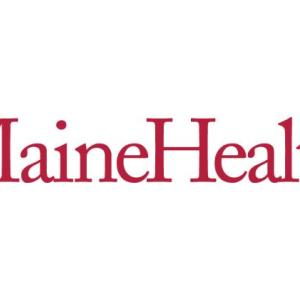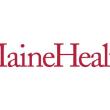National Institutes of Health award MaineHealth $1.5 million for long COVID study
MaineHealth is projected to receive $1.5 million from the National Institutes of Health (NIH) for up to four years to participate in a nationwide study of the long-term effects of COVID-19. Researchers from the Maine Medical Center Research Institute (MMCRI) will be among those at more than 30 institutions across the country participating in the NIH Researching COVID to Enhance Recovery (RECOVER) Initiative. The grant comes to MaineHealth as a sub-award from West Virginia University (WVU), a partner site. WVU and MaineHealth are leading an 11-site consortium across the country that will enroll patients in the study, with a focus on rural and underserved communities.
NIH launched the RECOVER Initiative to learn why some people have prolonged symptoms (referred to as “long COVID”) or develop new or returning symptoms after the acute phase of infection from SARS-CoV-2, the virus that causes COVID-19. The most common symptoms include pain, headaches, fatigue, “brain fog”, shortness of breath, anxiety, depression, fever, chronic cough and sleep problems.
“While it’s clear that many patients continue to suffer COVID symptoms for months after recovery, we still don’t know why,” said MMCRI translational scientist and co-investigator for the MaineHealth RECOVER site Dr. Ivette Emery. “This study hopes to answer that question and find some ways to bring relief to those experiencing long COVID.”
The team at MMCRI will be enrolling approximately 90 adult patients from across the MaineHealth service area in the study. One cohort will be patients with a recent COVID-19 infection, a second group will be patients with a past history of COVID who may or may not continue to have symptoms, and the third cohort will be composed of healthy volunteers. Researchers will examine data including clinical information, laboratory tests and other analyses. They will try to narrow in on risk and resiliency factors for long COVID as well as the impact the Alpha and Delta variants of the virus had on prevalence of the disease.
“The RECOVER initiative aims to study long COVID across a diverse cross-section of the population, and it’s important that Maine’s rural, older population is represented,” said MMCRI Center for Clinical and Translational Research Director and principal investigator for the RECOVER site Dr. Cliff Rosen. “Together, with researchers across the country, we hope to make a significant contribution to the science of how those suffering from long COVID can get their lives back.”
While the work at MMCRI will focus on the adult population, other RECOVER sites will enroll pediatric and pregnant participants, too. The RECOVER initiative is funded for four years, though the size of the study could allow for some preliminary findings within just a few months.



























